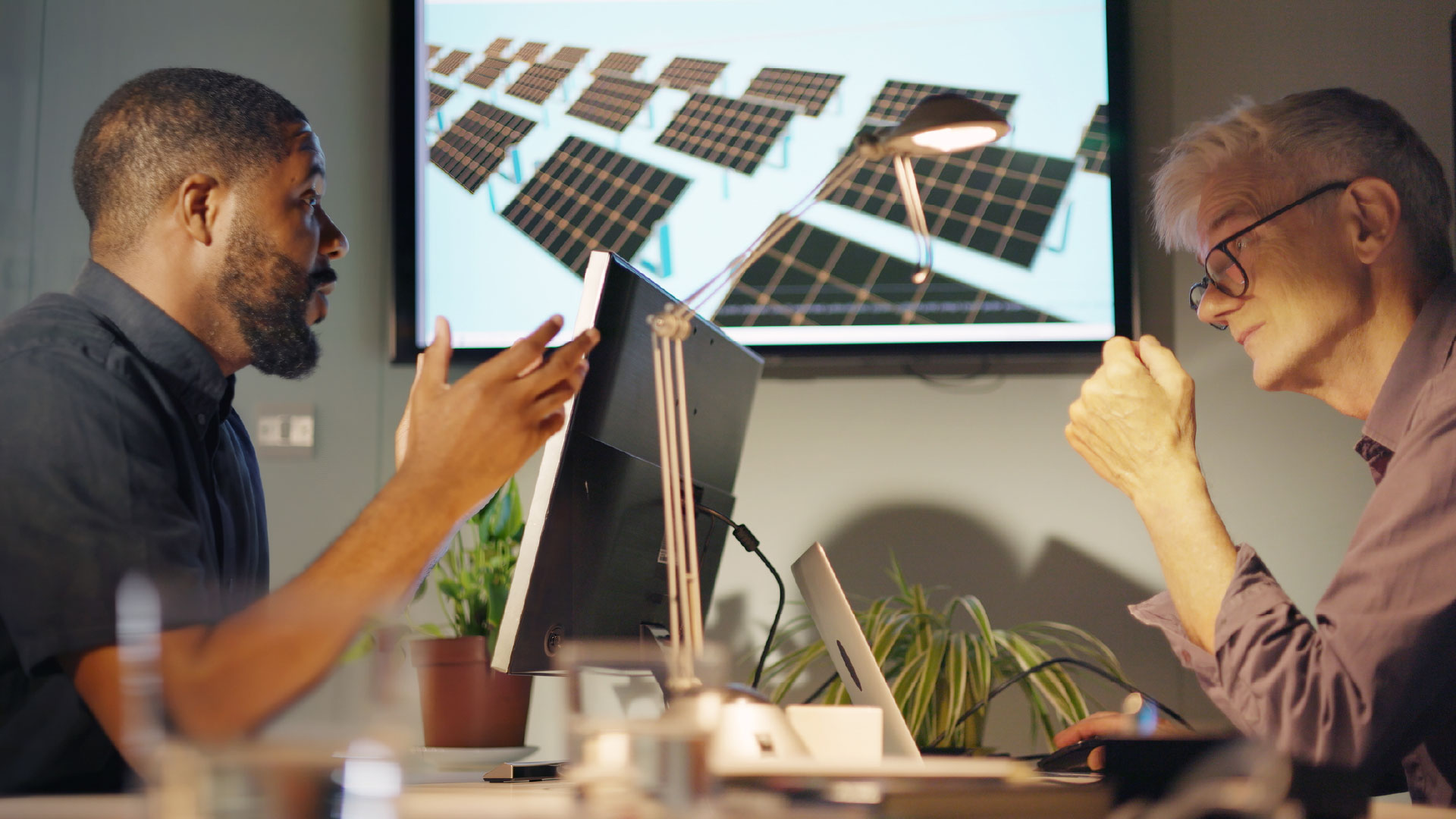Strategic Focus: Strategies For Reducing Use Of Sold Product Emissions

Alastair Foyn
24 Apr, 2023
Access this research
Access all Carbon Management Software content with a strategic subscription or buy this single report
Need help or have a question about this report? Contact us for assistance
Executive Summary
Use of Sold Product (Category 11) emissions are the second most prominent category of Scope 3 emissions – and are capable of accounting for over half of a firm’s total emissions inventory in certain manufacturing industries and the fossil fuels sector. These emissions are notoriously difficult to measure and even harder to reduce. Accounting best practice involves utilizing telemetry data, industry methodologies and specialized software functionality. Firms can abate their Category 11 emissions, depending on their product characteristics and industry context, in up to four ways: through product change, component change, behavioural change or destination change.
Use Of Sold Product Emissions Dominate Inventories Of One In Four Industry Categories
Best Practices In Measuring The Use Of Sold Product Emissions
Best Practices In Reducing The Use Of Sold Product Emissions
Best Practices In Measuring The Use Of Sold Product Emissions
Best Practices In Reducing The Use Of Sold Product Emissions
Figure 1. Types Of Use Of Sold Product Emissions
Figure 2. Category 11 Emissions As A Percentage Of Total Scope 1, 2 and 3 Emissions Inventory
Figure 3. Areas Of Uncertainty Within Category 11 Emissions Calculations
Figure 4. Abatement Tree For Use Of Sold Product Emissions Based On Product Characteristics
Figure 5. Possible Abatement Categories By Industry
Figure 6. Product Change Approach To Reducing Category 11 Emissions
Figure 7. Component Change Approach To Reducing Category 11 Emissions
Figure 8. Behaviour Change Approach To Reducing Category 11 Emissions
Figure 9. Destination Change Approach To Reducing Category 11 Emissions
Figure 2. Category 11 Emissions As A Percentage Of Total Scope 1, 2 and 3 Emissions Inventory
Figure 3. Areas Of Uncertainty Within Category 11 Emissions Calculations
Figure 4. Abatement Tree For Use Of Sold Product Emissions Based On Product Characteristics
Figure 5. Possible Abatement Categories By Industry
Figure 6. Product Change Approach To Reducing Category 11 Emissions
Figure 7. Component Change Approach To Reducing Category 11 Emissions
Figure 8. Behaviour Change Approach To Reducing Category 11 Emissions
Figure 9. Destination Change Approach To Reducing Category 11 Emissions
Airbus, Apple, Boeing, BP, Carnstone, CDP (Carbon Disclosure Project), DIMPACT, ecoInvent, Emitwise, GHG Protocol, Google, Hewlett Packard , IBM, International Energy Agency (IEA), Lenovo, Makersite, Massachusetts Institute of Technology (MIT), Microsoft, Morgan Sindall, Ørsted, P&G, Pukka, Quantis, Science Based Targets initiative (SBTi), Sky, TotalEnergies, University of Bristol
About the Authors

Alastair Foyn
Analyst
Alastair is an Analyst in the Verdantix Net Zero & Climate Risk practice. His current research agenda focuses on carbon management software and decarbonization best practi...

Ryan Skinner
Research Director
Ryan is a Research Director at Verdantix, where he leads a team of analysts delivering research, data and advisory services that help clients navigate the fast-evolving landsc...
View Profile





.png?sfvrsn=db470322_1)
